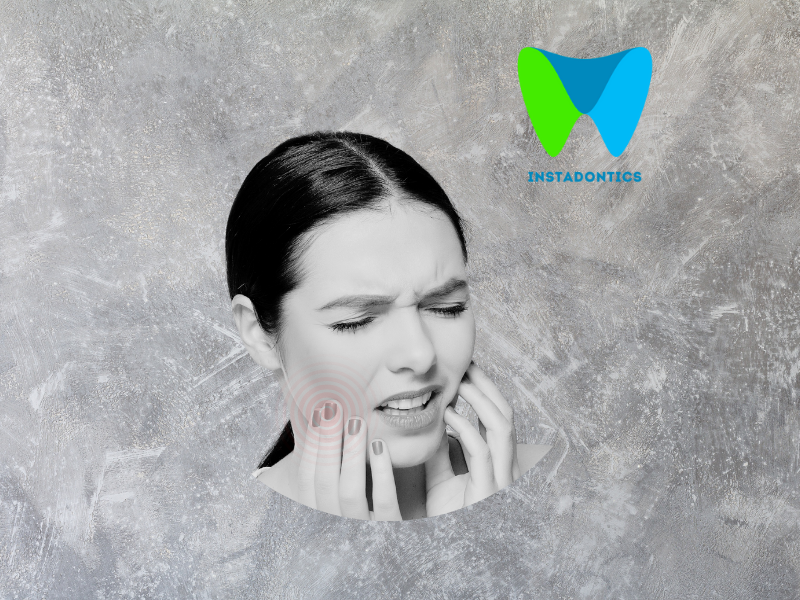Dysgeusia, a condition characterized by altered taste perception, can significantly impact an individual’s quality of life. This blog will explore dysgeusia in depth, including its causes, symptoms, diagnosis, and management strategies.
What is Dysgeusia?
Dysgeusia is defined as a distortion or alteration of the sense of taste. Individuals with dysgeusia may experience a persistent metallic, bitter, or foul taste in their mouths, or they may find that foods taste differently than they used to. This condition can occur independently or as a symptom of an underlying health issue.
Causes of Dysgeusia
Dysgeusia can result from a variety of factors, including:
1. Medications
Many medications can cause dysgeusia as a side effect. Common culprits include:
- Antibiotics: Certain antibiotics can alter the natural balance of bacteria in the mouth, leading to changes in taste.
- Chemotherapy Drugs: Cancer treatments often affect taste perception, leading to dysgeusia.
- Antidepressants and Antihypertensives: Some medications used to treat depression and high blood pressure can also affect taste.
2. Medical Conditions
When looking into the causes of this condition, it’s important to note that several health conditions can lead to dysgeusia, including:
- Infections: Viral infections, such as colds or flu, can temporarily affect taste perception.
- Oral Health Issues: Gum disease, tooth infections, and oral thrush can alter taste.
- Neurological Disorders: Conditions like Parkinson’s disease, Alzheimer’s disease, and multiple sclerosis can impact the nervous system’s ability to process taste.
- Gastroesophageal Reflux Disease (GERD): Acid reflux can lead to a sour or bitter taste in the mouth.
3. Nutritional Deficiencies
Deficiencies in certain vitamins and minerals, particularly zinc, vitamin B12, and folate, can affect taste perception. These nutrients are essential for maintaining healthy taste buds and overall oral health.
4. Hormonal Changes
Hormonal fluctuations, such as those experienced during pregnancy or menopause, can lead to changes in taste perception. Pregnant women often report heightened sensitivity to certain flavors, which can lead to dysgeusia.
5. Environmental Factors
Exposure to certain chemicals or toxins, such as pesticides or heavy metals, can alter taste perception. Smoking and excessive alcohol consumption can also contribute to dysgeusia.
6. Aging
As individuals age, the number and sensitivity of taste buds may decrease, leading to changes in taste perception. This natural decline can result in dysgeusia, making foods less enjoyable.
Symptoms of Dysgeusia
The primary symptom of dysgeusia is an altered taste sensation. Individuals may experience:
- A persistent metallic, bitter, or sour taste in the mouth.
- Foods that once tasted sweet may now taste bland or unpleasant.
- Difficulty enjoying food due to altered taste perception.
- Changes in appetite, potentially leading to weight loss or nutritional deficiencies.
Diagnosis of Dysgeusia
Diagnosing dysgeusia typically involves a thorough medical history and physical examination. Healthcare providers may:
- Review Medications: Assess current medications to determine if they may be contributing to taste changes.
- Conduct Taste Tests: Perform tests to evaluate taste sensitivity and identify specific taste alterations.
- Evaluate Oral Health: Examine the mouth for signs of infections, gum disease, or other oral health issues.
- Assess Nutritional Status: Check for deficiencies in vitamins and minerals that may affect taste perception.
In some cases, further testing may be necessary to identify underlying medical conditions contributing to dysgeusia.
Management and Treatment of Dysgeusia
Managing the condition often involves addressing the underlying cause. Here are several strategies that may help alleviate symptoms:
1. Review Medications
If the condition is linked to medication, consult a healthcare provider about potential alternatives or adjustments to the dosage.
2. Improve Oral Hygiene
Maintaining good oral hygiene can help reduce oral infections and improve taste perception. Regular brushing, flossing, and dental check-ups are essential.
3. Address Nutritional Deficiencies
If deficiencies in vitamins or minerals are identified, dietary changes or supplements may be recommended. Foods rich in zinc (like meat, shellfish, legumes, and seeds) and vitamin B12 (like dairy, eggs, and fortified cereals) can help support healthy taste perception.
4. Stay Hydrated
Dry mouth can exacerbate dysgeusia. Drinking plenty of water throughout the day can help maintain moisture in the mouth and improve taste sensation.
5. Experiment with Flavors
To make food more enjoyable, try using strong flavors, such as herbs, spices, and citrus, to enhance taste. This can help mask unpleasant tastes and make meals more palatable.
6. Avoid Triggers
Identify and avoid foods or substances that exacerbate dysgeusia. For some, this may include certain medications, alcohol, or foods with strong flavors.
7. Consult with Specialists
In cases where the condition is linked to an underlying medical condition, working with specialists, such as a nutritionist, dentist, or otolaryngologist (ear, nose, and throat specialist), may provide additional support and treatment options.
Related: 25 Questions | Everything You Need To Know About Dysgeusia
Dysgeusia can significantly impact an individual’s quality of life, affecting appetite, nutrition, and overall well-being. Understanding the causes, symptoms, and management strategies for dysgeusia is crucial for those experiencing this condition. If you or someone you know is dealing with altered taste perception, it’s essential to consult with a healthcare professional for a comprehensive evaluation and tailored treatment plan. By addressing the underlying causes and making lifestyle adjustments, individuals can work towards restoring their taste perception and enhancing their enjoyment of food.



